TALES OF MY PARENTS
-oOo-
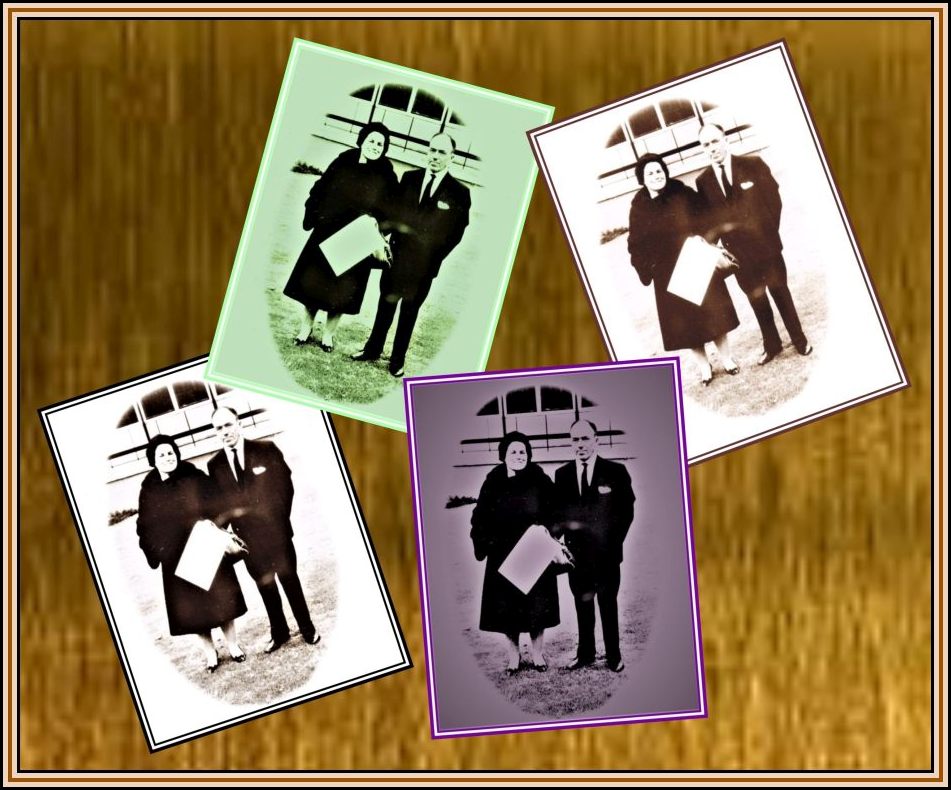
-oOo-
TALES OF MY FATHER
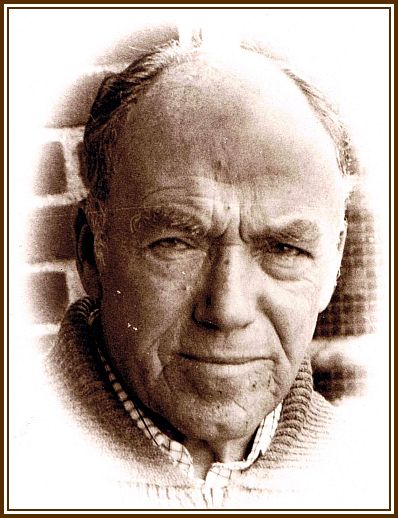 My Father ……. Jack-of-all-Trades, Master-of-None ……. an enigma
My Father ……. Jack-of-all-Trades, Master-of-None ……. an enigma
-oOo-
TALE TWO: WORKING FOR A LIVING
-oOo-
When my father left school, it was a time when young adults only had a few choices regarding their working life. Joining the military was still high on the list; others went to work in either factories or shops; others found work in what was called, Domestic Service, being servants. If one was lucky, one obtained an apprentice with certain trades. An Apprenticeship was both prestigious and a guarantor of a good future.

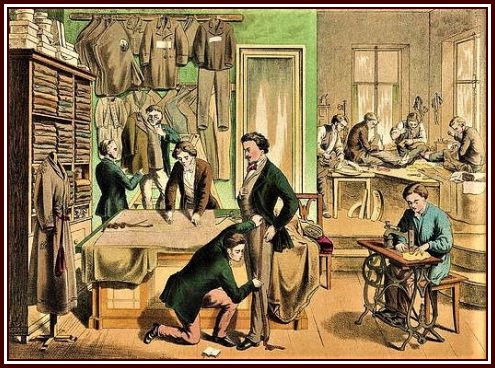
Before my father left school, my grandfather arranged for him to be apprenticed with a Tailoring Establishment in Chancery Lane in the City of London. For some reason, my grandfather thought that by being trained as a tailor, my father would have a skilled-trade that was of value to society and would always be in need.
I do not really know what my father thought about being apprenticed in this trade, as he never shared his views with me, but I know that he was extremely accomplished at sowing and was able to mend his clothes with great skill when necessary. He also was able to darn socks, for most socks during his early life were made of wool. He never darned mine, and my poor mother, who had never been tutored in sowing or housekeeping in general, never mastered the art! But more of her story later.
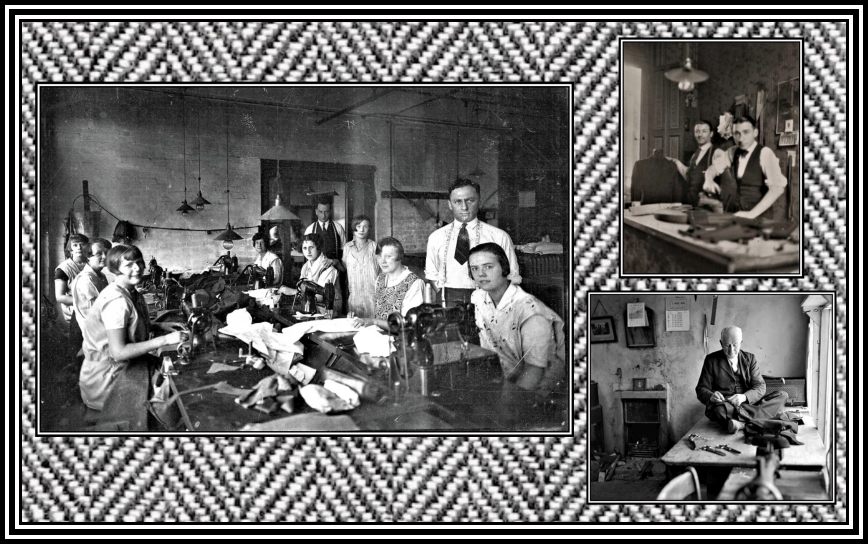 East End Tailors prior to The Second World War
East End Tailors prior to The Second World War
-oOo-
My father was apparently apprenticed at a tailoring establishment in Chancery Lane in the City of London. My grandfather worked as a Typesetter in one of the daily newspapers on Fleet Street close by and I presume that they traveled to work together.
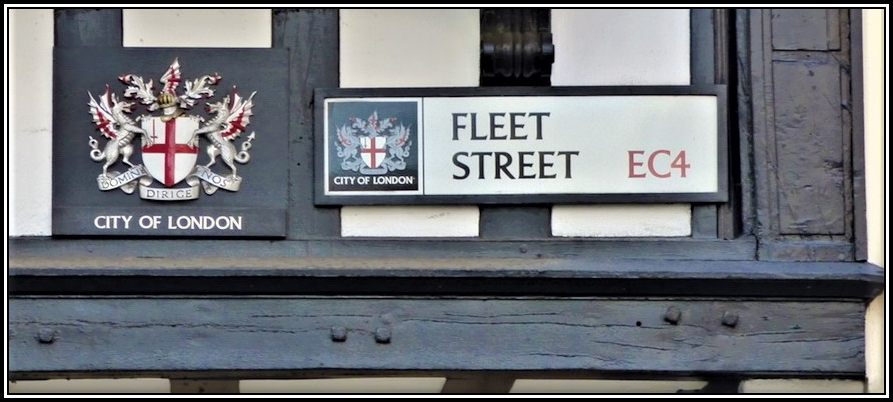
I also don’t really know why he never completed his apprenticeship. According to my mother, she said that my father was angry over an event in the premises that led to him not receiving the praise he felt that he deserved. Apparently this led to him storming out of the establishment, never to return! Although I have no conformation regarding the veracity of this explanation, but remembering other events in my father’s life, I can believe it without reservation!
 Having A Hissy Fit
Having A Hissy Fit
I am sure that my grandfather was none-to-pleased and greatly disappointed to learn about my father throwing-a-hissy-fit. I am sure that my grandfather had worked hard to sell the virtues of his son to the tailor, which proved to be less than true.
Following this, and according to my mother, my grandfather tried very hard to interest my father in something else, but he seemed unable to settle on anything. This eventually led his father to give up trying to help his son find a good position. My father had been difficult while at school and at home and had thrown away a good opportunity when offered an apprentice with a tailor.
My father began drinking at a young age and would often return home drunk. Although his father was not a teetetaller, he disliked drunkenness After one disappointment after another, I suspect that my grandfather washed his hands of his son. He did not cut-him-off and never threw him out of the house, but he realised that my father would not listen to reason or take advise and so perhaps he was allowed to go his own way.
Go Your Own Way – Fleetwood Mac
-oOo-
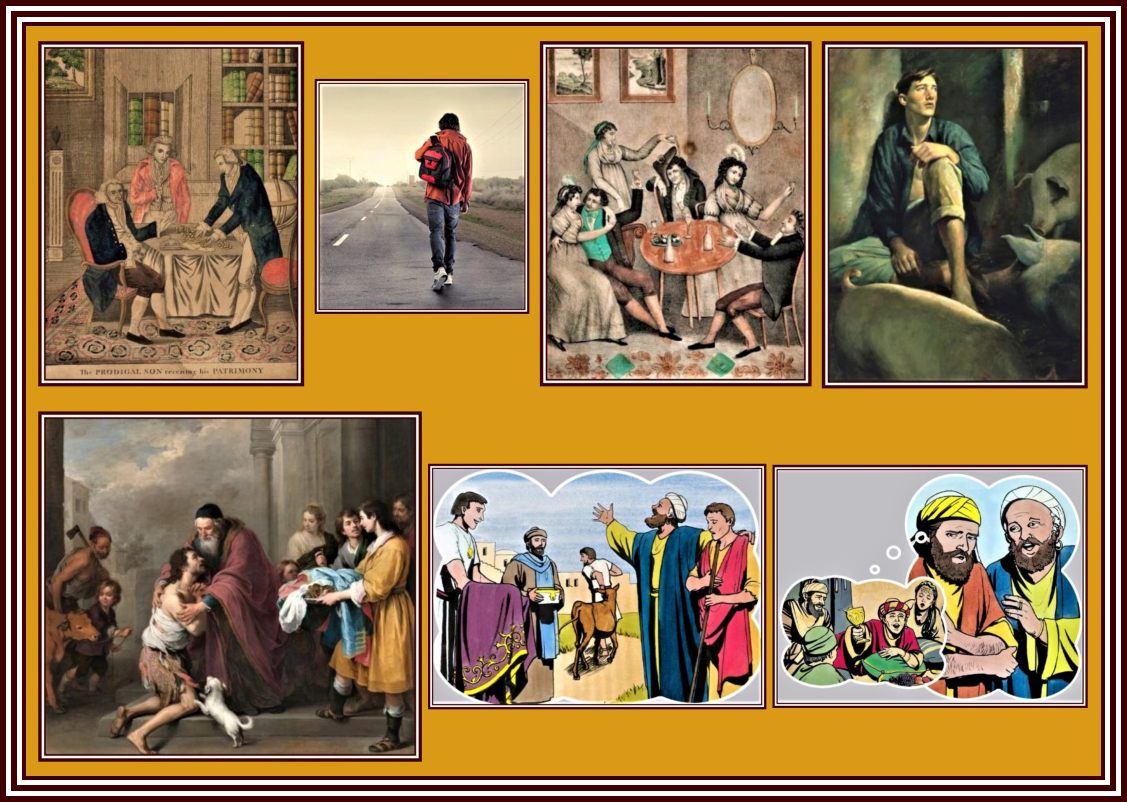 The Parable of The Prodigal Son (Luke 15:1–24)
The Parable of The Prodigal Son (Luke 15:1–24)
The story of The Prodigal Son although does not exactly describe my father’s life, but and unfortunately, he did waste opportunities and never seemed to realise it fully.
-oOo-

Sadly, I do not have a full history of my father’s working life. However, I am aware of some of the jobs that he did and one of them always caused me to laugh very much.
Seemingly at one time, he entered Service. I am unsure if he was employed as a cook or as help for the cook, however he was apparently required to wait on table whenever his employers had guests.
I remember my mother telling me about his final job in Service. This proved to be a memorable story, and as a child, I really enjoyed hearing about it and would often ask him to retell it!
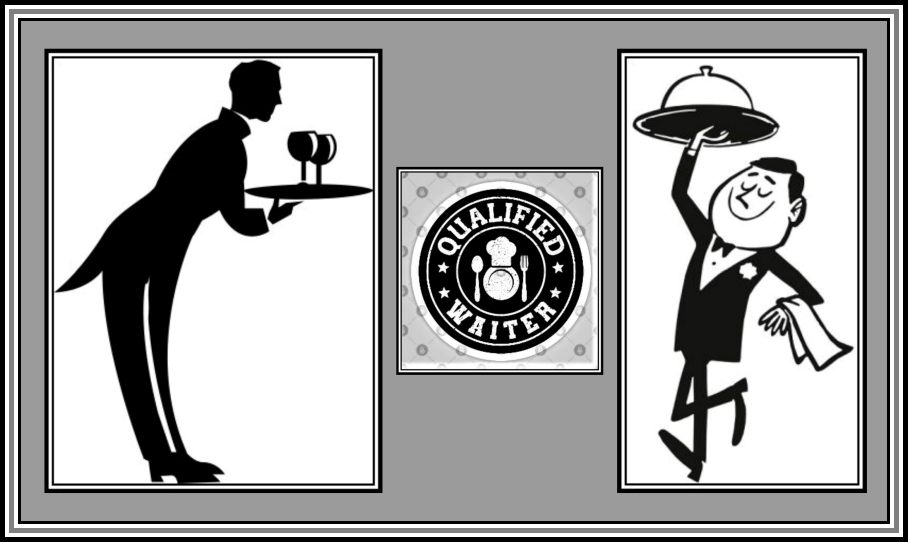 Waiting at Table
Waiting at Table
It would seem that one evening his employers had a number of guests to dine. At dinner, my father was required to offer plates and bowls of food to the guests. Apparently, when he carried a bowl full of cooked peas to the table, he tripped, then stumbled and was projected forward. This resulted in his journey coming to an end at the table with him lying on it! Tragically, as he came to rest on the table, he regrettably allowed the bowl to escape his grip. This resulted in the peas flying and rolling all over the table and into the laps of the diners. The guest and his employers jumped out of their chairs resulting in more peas falling to the floor.
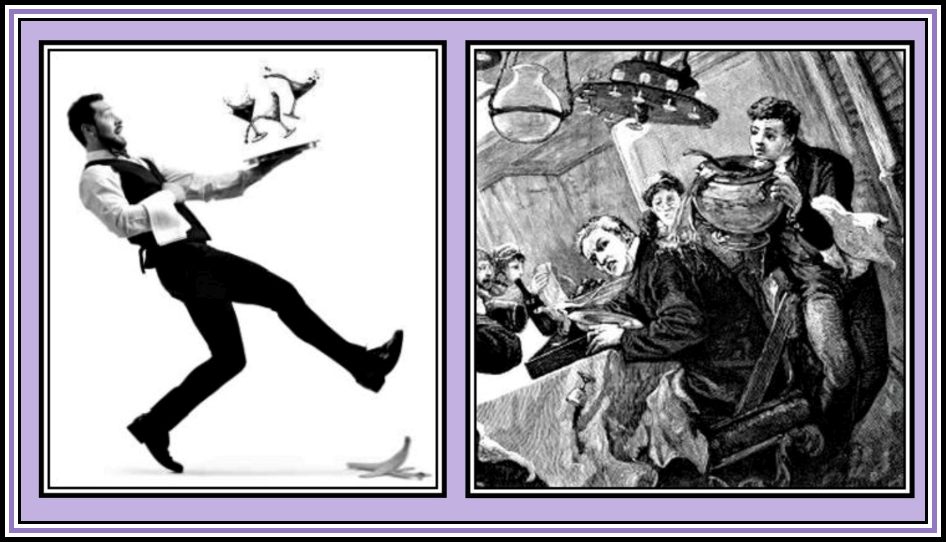 An Unfortunate Accident at Table
An Unfortunate Accident at Table
Apparently, anger was immediately directed at my father. He said that no one bothered to find out if he had been hurt or not. He remembered that his employers began shouting at him and calling him names. After a minute or two of having abuse hurled at him and ignoring his attempts to apologise for the accident, my father suddenly had had enough, and being my father, caused him to complain at their lack of consideration shown to him for his welfare. This was followed by a heated exchange of words that led to my father telling his employers to keep their job! At that, he left the dining room and their employment. As a child, I could not help but wonder who cleared up the fallen peas!
This story, like many others of my father’s tales, was always told with relish and always brought delight to me.
-oOo-

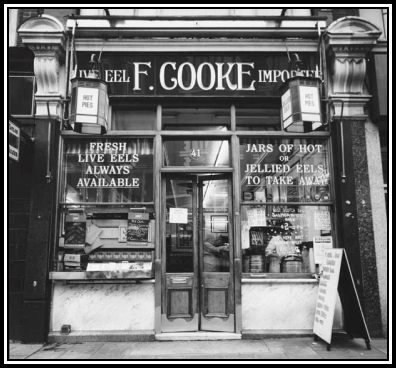 The building that was once occupied by F. Cooke on Kingsland Road
The building that was once occupied by F. Cooke on Kingsland Road
(later the Shanghai Chinese Restaurant and now
Draughts, a Board Game Cafe)
Eventually, and now in his twenties, my father went to work in a Pie ‘n’ Mash Shop at Number 5, Cambridge Heath Road in the East End of London at border of the Boroughs of Bethnal Green and Stepney (which were combined with the Borough of Poplar in 1965 to form the Borough of Tower Hamlets). The shop was part of the Robert Cooke & Son group and the building was owned by Mann, Crossman & Paulin (The Albion Brewery), who had their factory nearby on Whitechapel Road. Sadly, the shop has long since been demolished.
From Victorian Times until recently, the Pie ‘n’ Mash Shop had been been a stable for the working poor class of people where they could purchase a hot meal at a reasonable price. The meal was simple and consisted of minced beef pies together with mashed potatoes and a parsley sauce which when served was eaten with a fork and a spoon; no knives were used, at least not in the East End of London, for fear of their being used as weapons should a disagreement break out!
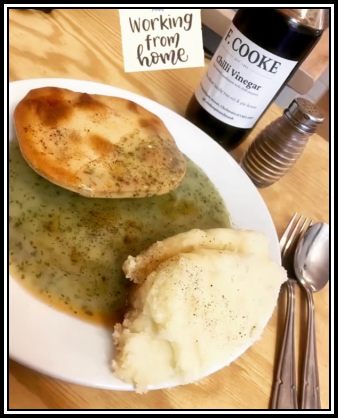 A Pie ‘n’ Mash (note the eating utensils)
A Pie ‘n’ Mash (note the eating utensils)
Pie ‘n’ Mash Shops also sold bowls of between six and eight small pieces of cooked Eels (Anguilla anguilla, the European Eel), either hot or jellied. Hot eels were sold with mashed potatoes (or as they were often called, Smashed Potatoes) and a serving of the parsley sauce. Some Emporia also sold fruit pies.
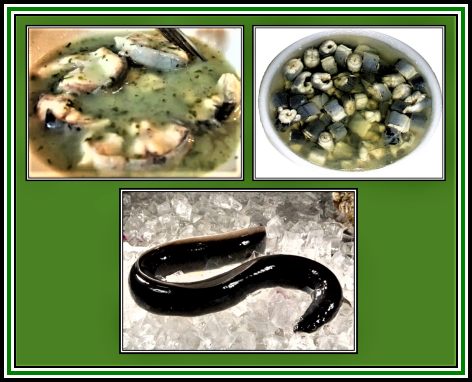 Eels: Hot in Parsley Sauce (Top Left); Jellied (Top Right)
Eels: Hot in Parsley Sauce (Top Left); Jellied (Top Right)
An Eel (Anguilla anguilla, the European Eel) kept fresh on ice
Once my father went to work at the Shop, he learned how to prepare what was once Traditional English Fayre.
-oOo-
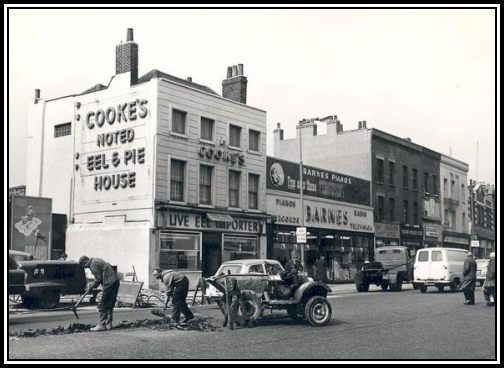 Cooke’s Pie ‘n’ Mash Shop, Stratford
Cooke’s Pie ‘n’ Mash Shop, Stratford
The Robert & Frederick Cooke family had establishments on The Broadway (London Fields), Stratford, Kingsland Road, Hoxton, East Ham, Waterloo and Tower Bridge Road. As I said, my father went to work at the Stepney Shop (I still remember the telephone number: Bishopsgate 0017!). Unfortunately, I can find no photograph of the shop, now sadly long since demolished.
-oOo-
The staff consisted of both men and women, many of whom lived in the rooms above the shop. The staff were not only responsible for preparing and cooking the menu, but also in the maintenance of the shop. Such shops generally had marble tables that were secured to the floor and had a wooden form seats on either side.
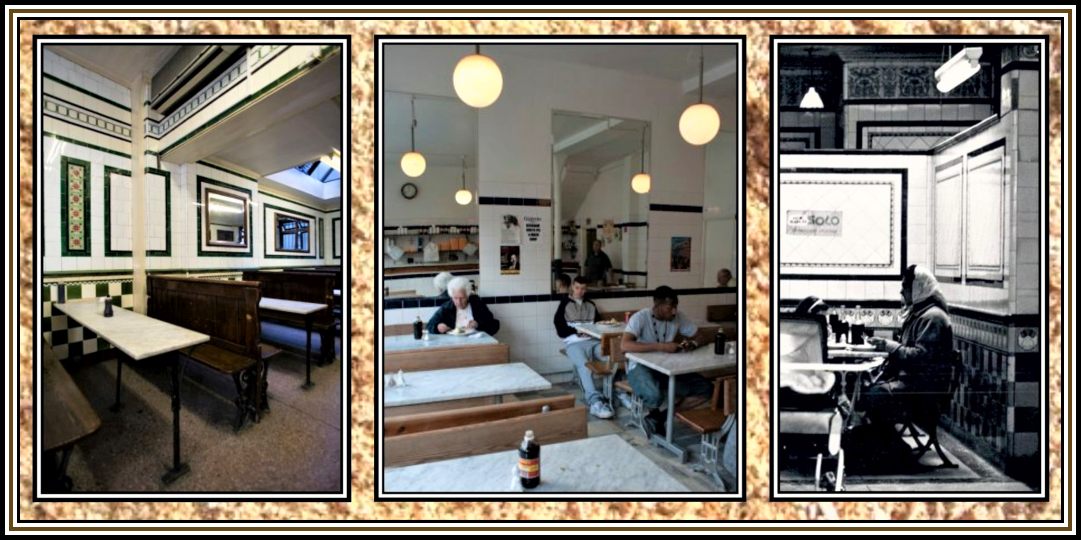 Marble Tables & Wooden Forms or Benches
Marble Tables & Wooden Forms or Benches
The table had no table cloth. Salt and pepper, generally in small bowls, along with a small bottle of vinegar, often with red chilies, were present on each table.
The floors of the older shops were of wood and covered with sawdust, which was changed at around 3 p.m. each day once the lunch rush had passed and again at the end of the evening.
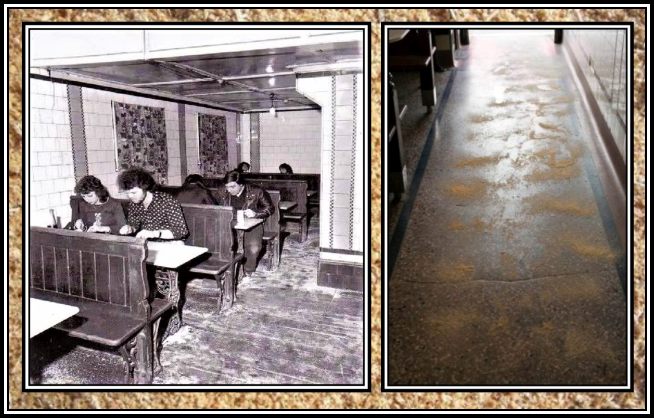 Sawdust on the Floors
Sawdust on the Floors
-oOo-
At one time, a number of shops had decorated walls using fancy tiling. This was very commonly seen in Butchers and Fish Shops. Many Pie ‘n’ Mash Shops in London often displayed scenes of fish made of coloured tiles. The shop where I was brought up had many such displays that, upon reflection, were quite remarkable. Sadly, I have no photographs of them, and I suspect that they were destroyed when the building was demolished.
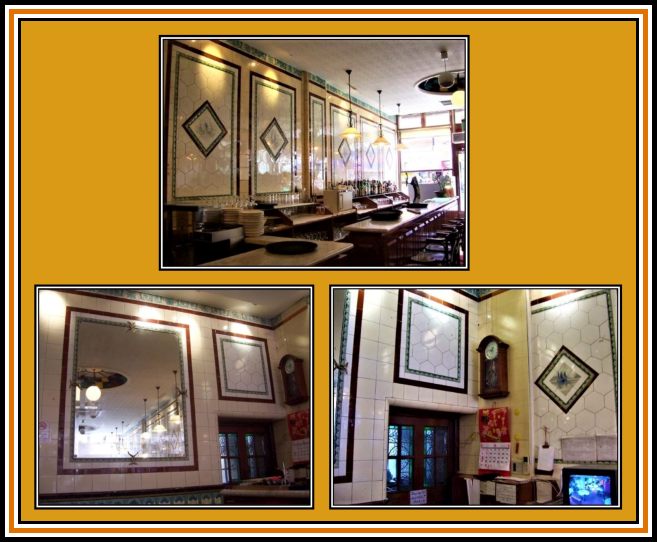 Tiling of the walls of the erstwhile F. Cooke Pie ‘n’ Mash Shop on Kingsland Road
Tiling of the walls of the erstwhile F. Cooke Pie ‘n’ Mash Shop on Kingsland Road
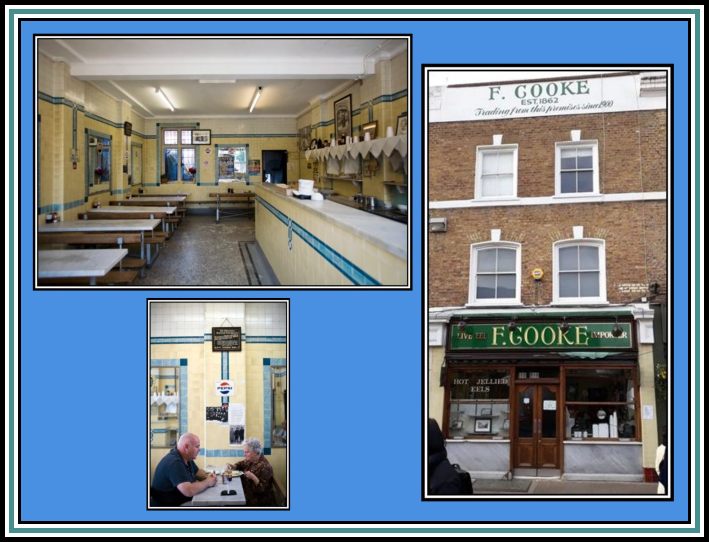 F. Cooke Pie ‘n’ Mash Shop, Broadway Market (now sadly closed)
F. Cooke Pie ‘n’ Mash Shop, Broadway Market (now sadly closed)
–oOo-
Working at such an establishment was hard work. Apparently the Shop was open for business from 11 a.m. until 11 p.m. However the work day began much earlier at 5 a.m., as the shop had to be cleaned for the customers and the food had to be prepared and made ready for sale.
-oOo-
After my father had been working at the Shop for a while, my mother joined the staff. Apparently it was not love at first sight and it took sometime for them to eventually walk out together. My mother said that my father was very well-dressed and took great care in his personal appearance. She said that during his time off, he would never venture out unless he was suitably dressed. He apparently always wore a Trilby hat that had been freshly steamed to maintain its shape each time he worn it and stepping outside. I recall that my father always owned a rich assortment of hats to match his suits.
 The Triby Hat
The Triby Hat
My Mother also noted that he enjoyed drinking and often returned from his time-off a little unsteady on his feet! This perhaps should have been a warning to my mother of things to come!
-oOo-
While working at Cooke’s. my father learned to make a delicious pie, both meat and fruit, with wonderfully golden brown flakey pastry. His pies were quite famous in the area, and I know for a fact, that some customers even traveled from other areas of London to sample them. He also learned to prepare eels and then cook and jelly them. I did eat the occasional bowl of hot eel, but I never developed a taste for the jellied variety.
-oOo-
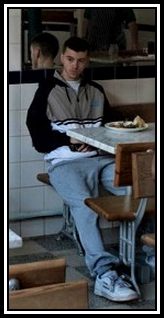 An East End Boy enjoying a Pie ‘n’ Mash in solitude
An East End Boy enjoying a Pie ‘n’ Mash in solitude
-oooOOOOooo-
-oooOOOOooo-
-oooOOOOooo-
-oooOOOOooo-

Charles, There is such a lot in your story-telling. I’m struck by how similar many stories seem to be of people (often men but not always) not ready for marriage or responsiblilty. Its great that you do have fond memories too; including someone who can induce a deep belly laugh.
Keep up the great work wih your memoirs on the site.
Many thanks for visiting my website and for leaving a comment.
The London areas mentioned are where my own relatives originate. Sadly the lives of the East Enders were poor and horrific by today’s standards. Drink was the ruin in most families. Did they drink to forget their problems? Or was the drink cheap? Or both?
Sadly Dyslexia was not recognised in your Father’s lifetime. I get the impression that the education in the East-End schools left a lot to be desired. Your Mum was the driving force, stability and backbone of your family – I wish I could have met her.
New Towns which appeared after WW2 were a blessing for those who wanted a better life.